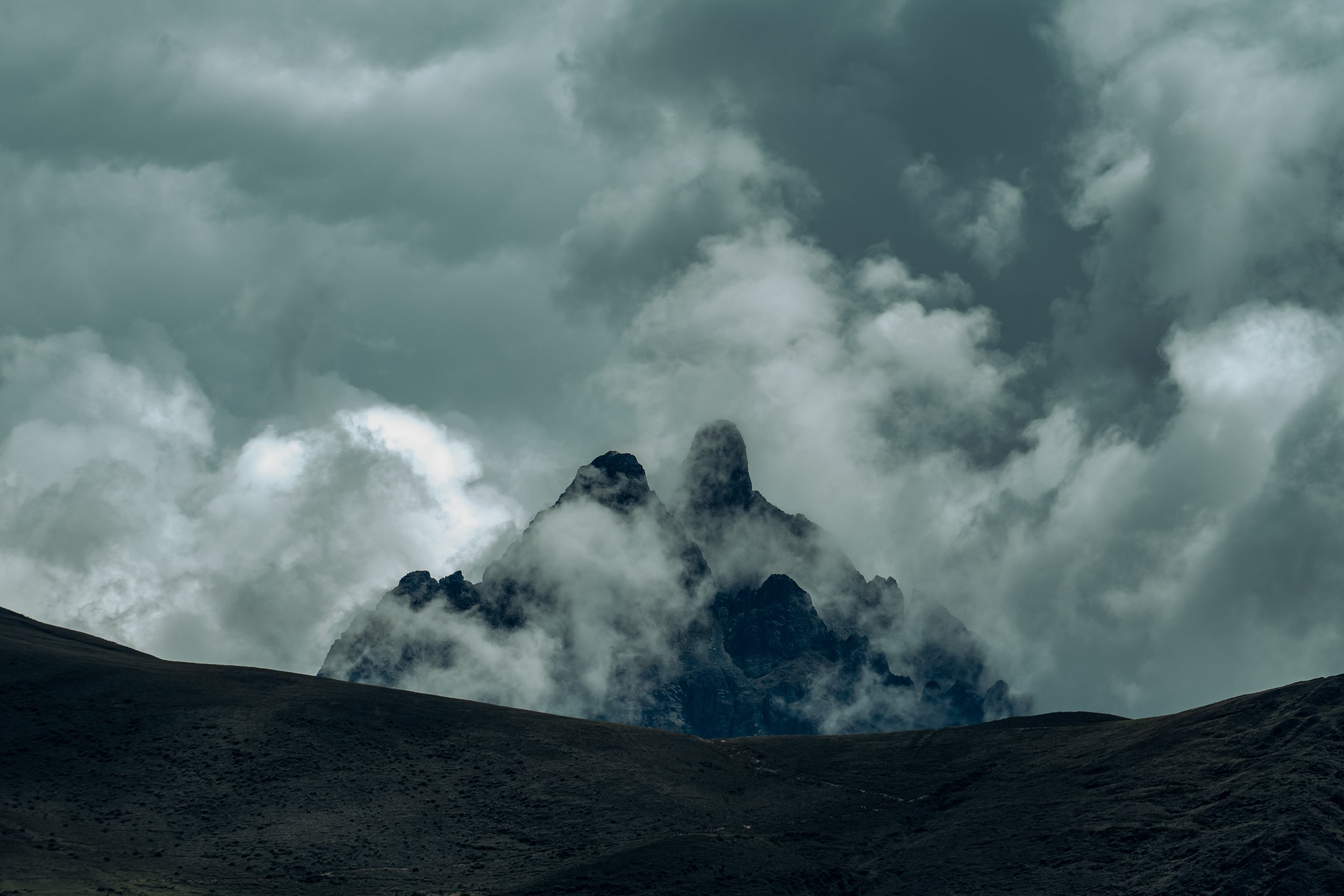
Our Guides
The heartbeat of The Path, our guides carry the lineage of timeless practices and insights, grounding us in enduring truths while helping us navigate the complexities of modern life.
-
Payton Nyquvest, a visionary entrepreneur and thought leader based in Vancouver, Canada, is devoted to bridging ancient indigenous wisdom with the needs of the modern world. Over the past decade, Payton has established himself as a key figure in the resurgence of psychedelic therapy in North America. As the founder of Numinus Wellness, he has led efforts that have facilitated over 300,000 appointments, built therapist training programs, and conducted dozens of groundbreaking clinical trials with thousands of participants. His thought leadership and expertise have been featured in prominent outlets such as The New York Times, Bloomberg, CTV, and Forbes.
At The Path, he draws on his deep passion for healing, ceremonial practices, and personal transformation to inspire and guide others on their journeys of self-discovery and growth. His mission is to empower individuals to serve both themselves and others to their fullest potential. With a profound reverence for Indigenous traditions and their sacred relationship with master plants, Payton has developed a coaching approach rooted in authenticity, cultural sensitivity, and integrity. He continues to collaborate closely with executive coaches, Indigenous leaders, and healers worldwide to ensure the knowledge shared is in alignment with the highest ethical standards.
Payton’s journey into this field is deeply personal, stemming from his life-saving transformative experiences with psychedelics. These experiences not only alleviated severe chronic pain but also became the catalyst for uncovering his true purpose. Today, he empowers others to responsibly integrate these powerful tools into their lives, fostering resilience, accountability, reverence, and connection. Through his work, Payton is redefining how modern society approaches healing, leadership, and community. As a bridge between ancient wisdom and current methodologies, he is creating a space for profound transformation, empowering individuals and communities to thrive in harmony with both worlds.
-
Maestro Jhaimy Alvarez-Acosta, a Traditional Curandero (Healer) from Cusco, Peru, has been trained and initiated in the Wisdom Teachings of the Andes and specifically in the lineage of Apu Wachumita and the Mesa Teachings from both the Northern and South-Eastern regions of Peru. Jhaimy began his initiation onto this path at a young age as an apprentice to his Traditional Elders and through this inter-generational training he has now walked the committed path of a Wisdomkeeper for over 30 years.
As a keeper of Ancient Wisdom Jhaimy has been invited to share his knowledge and lead ceremonies at conferences, workshops and specialized tours throughout South America, North America and Europe. He has been an invited guest speaker at several universities including the Indigenous Studies Department at Trent University and McGill University and is a regular guest speaker on podcasts and summits focused on the sharing of Indigenous perspectives and world-views.
In addition to his traditional lineage and training he has also completed a Masters degree in Tourism from La Universidad Andina del Cusco and holds a license in tourism. He has guided hundreds of spiritual pilgrimages and speciality tours throughout the Andes over the past 25 years providing unique opportunities to experience and connect with the temples and sacred sites in a personal way.
Jhaimy is best known for his heart-centered and humble approach to healing and spirituality. Through ceremony, ritual and healing practices he continues to support thousands of people around the world in moving past their limitations in order to liberate and connect with their heart and their purpose. Rooted in the legacy of his Ancestors, Jhaimy holds a sacred space for us all to feel centered in the deep knowing of ourselves; grounded in Mother Earth and connected to the Cosmos, walking the path of the Qhapaq Ñan.



